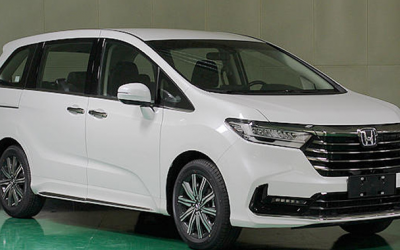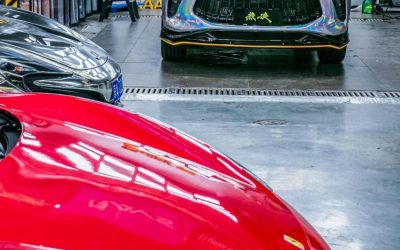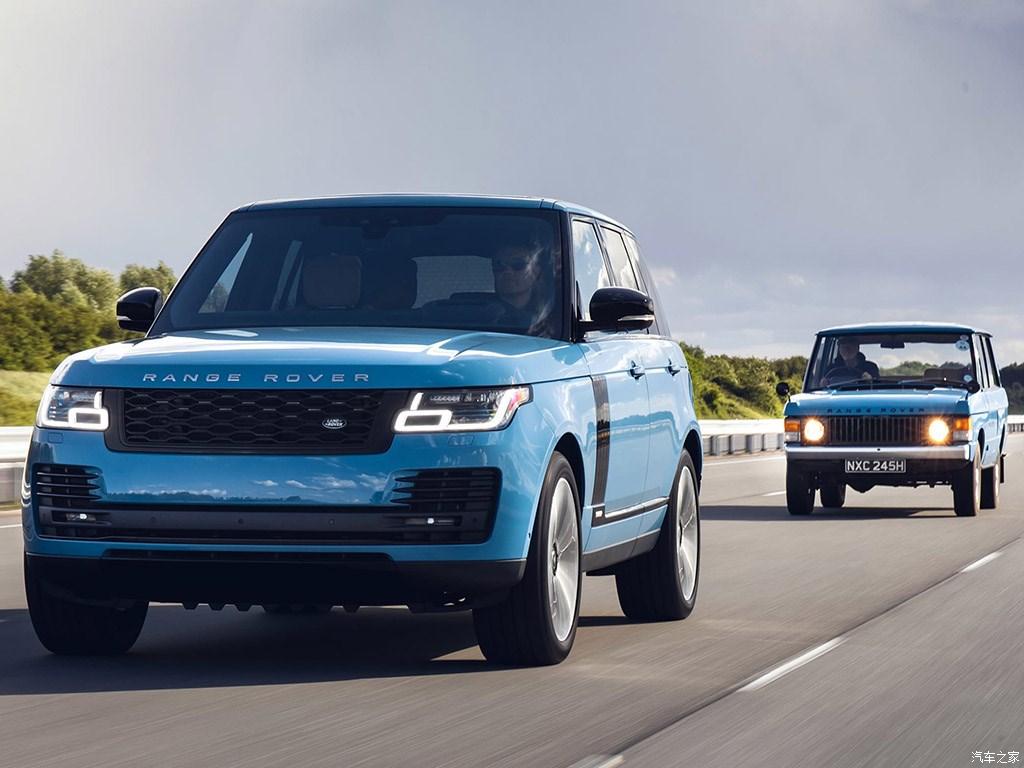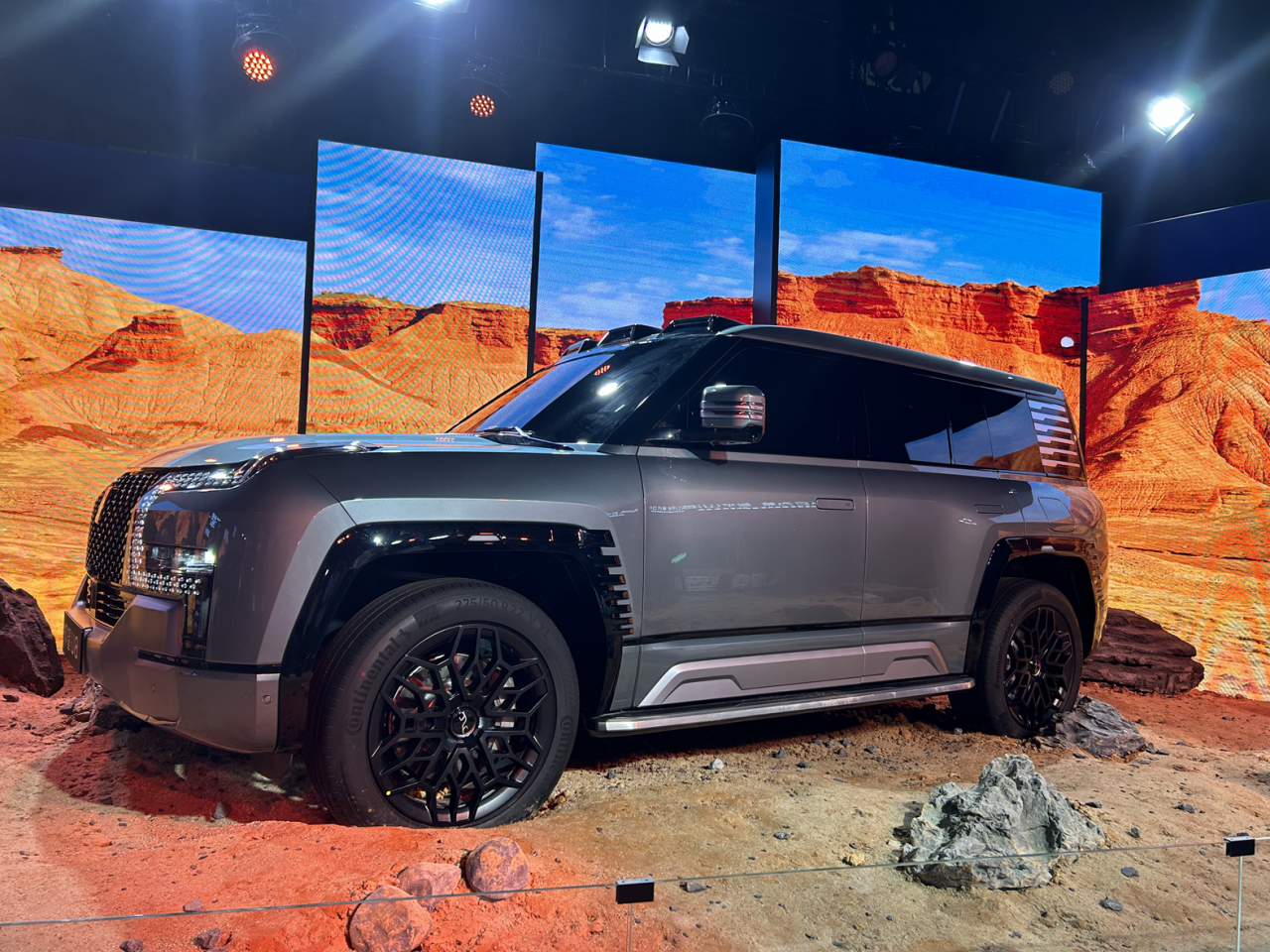Baidu’s Robotaxi Fully Operational in Beijing: Is China’s Autonomous Driving Surpassing the U.S.?
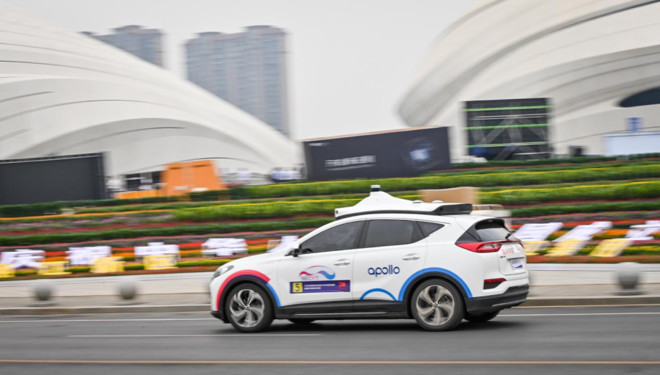
The recent buzz centers around Baidu’s launch of passenger-carrying test operations in Beijing. The statistics are telling: On October 10th, Baidu Apollo kicked off test operations in Beijing and, within three days, experienced the highest peak order volume since operations began in three cities: Changsha, Cangzhou, and Beijing. On October 12th, ApolloGo in Beijing saw a single-day order volume exceeding 2,600, with a peak value of 600 orders at a single station. Users’ enthusiasm for Baidu Apollo’s autonomous vehicles is evident.
Despite Baidu Apollo’s claim of being fully open and eliminating the need for advance reservations, users have reported difficulties in finding or hailing a ride. Currently, Baidu holds 40 automatic driving passenger test licenses in Beijing, placing it as the leader. However, given the high demand and limited capacity, users may need to schedule rides during off-peak times as the current capacity may not meet the widespread demand for autonomous passenger travel among the general public.
Unmanned vehicle service stations in Beijing are concentrated in Haidian and Yizhuang. During the initial operational phase, autonomous vehicles only support boarding and alighting at designated locations. However, Apollo indicates that more than 100 ready-to-use connecting stations are prepared, with the initial opening of over ten, and more will be gradually opened in accordance with government approval procedures.
Baidu’s rapid progression from initial operations in Changsha to full opening in Beijing within a month highlights Baidu Apollo’s impressive pace. Other companies are also contributing to the development of autonomous driving industry in China.
Beijing, being the national political, economic, and cultural center, holds strong symbolic representation for autonomous driving industries. Beijing also supports autonomous driving, evident from the autonomous driving licenses issued and the test mileage.
In conclusion, the recent launch of Robotaxi services in Beijing signifies a significant step towards the maturity and commercialization of autonomous driving. As China provides more significant support for intelligent driving, smart transportation, and the development of autonomous driving industry, it seems that the development of Robotaxi in China is surpassing that in the U.S.


